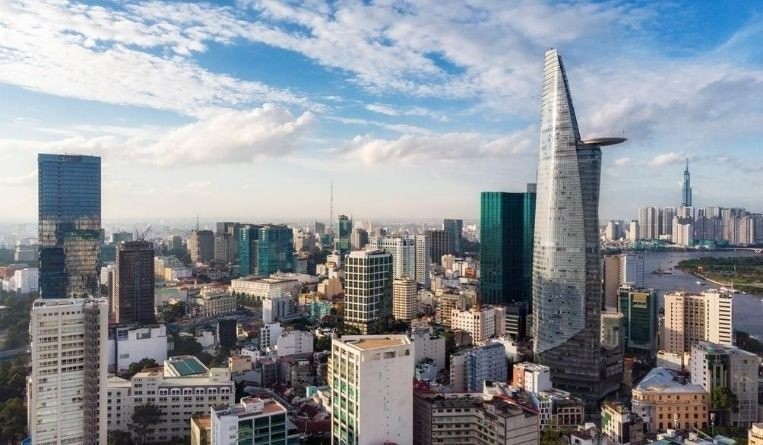Several companies have signified interest to move their supply chains from China to Vietnam. These are electronic, car assembly, high-tech, footwear, garment and textile businesses from the United States, EU and Japan. Among them are Apple and Samsung which plans to build a major R&D laboratory in addition to manufacturing plants.
“Even before the impact of the US - China trade war, Vietnam’s capabilities have been proven by multinational companies,” said Dang The Duc, founder of and managing partner at Indochine Counsel in Ho Chi Minh. “As global supply chains have been disrupted by the COVID-19 pandemic, Vietnam has turned into an appealing alternative to China due to the country’s young and comparatively low-cost labour force, stable government and business-friendly environment.”
Does this business-friendly environment include a strong and reliable infrastructure for IP protection? Indeed, can Vietnam’s IP system handle this influx?
Tran said the expected shift of business operations to China presents a huge challenge.
For one, an increasing number of foreign businesses are adopting the models of franchising, licensing or technology transfer so their subsidiaries in Vietnam may use and exploit their intangible assets. Yet, to be enforceable, most of these agreements, in particular licensing agreements for industrial properties except trademark and technology transfer agreements must be registered at a competent state authority in Vietnam. The same requirement is also arguably imposed on franchise agreements, said Tran.
“Therefore, with the increasing number of agreements seeking registration in Vietnam, state registrars are facing extremely heavy backlog, which in turn has been largely delaying the FDI companies' legitimate exploitation of their parent companies' scientific and technical innovations,” said Tran.









